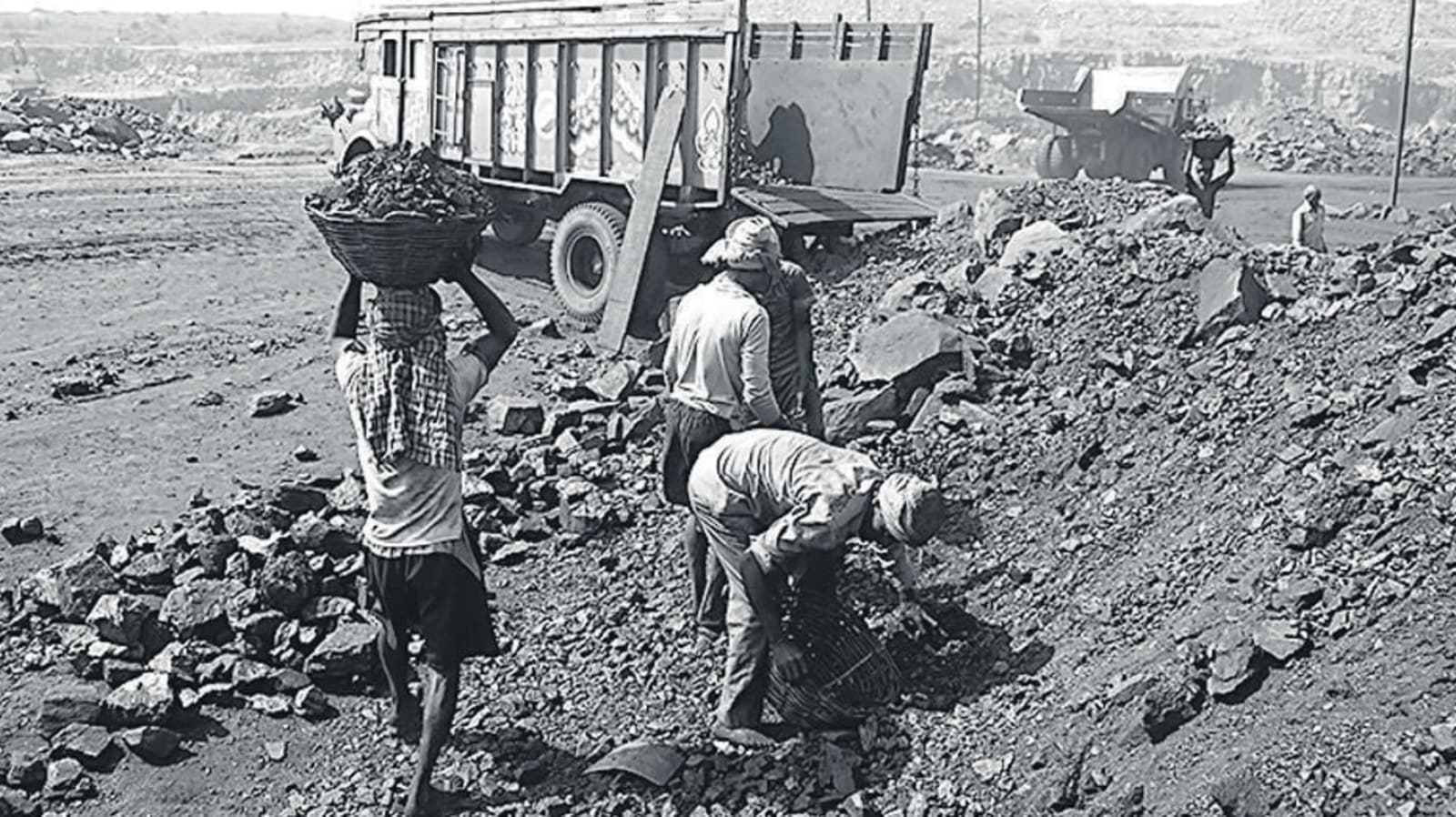- A recent working paper from the Centre for Social and Economic Progress (CSEP) expands on the previously assessed criticality levels of 23 minerals for India.
- This is determined by evaluating specific indicators and their economic importance (demand-side factors) and supply risks (supply-side factors).

What are Critical Minerals?
- Critical minerals are elements that are essential to contemporary technology and are vulnerable to supply chain disruptions.
- These minerals are used in the manufacture of mobile phones, computers, batteries, electric cars, and environmentally friendly technology such as solar panels and wind turbines.
- Antimony, cobalt, gallium, graphite, lithium, nickel, niobium, and strontium are among the 22 minerals identified as vital for India.
- Many of these are necessary to meet the production requirements of green technologies, high-tech equipment, aviation, and national security.
Why are these materials so important?
- Shift to clean energy: Critical minerals are critical to the ecosystem that fuels the world’s shift to clean energy and the digital economy.
- Strategic nature: Any supply shock can significantly jeopardise a country’s economy and strategic autonomy if it is overly reliant on others to obtain essential minerals.
- Supply issues emerge due to scarce availability, rising demand, and a complex processing value chain.
What is the China ‘threat’?
- China has a dominant role in the production of 16 key minerals, including cobalt and rare earth elements.
- Monopoly in processing: The country has a strong presence in processing operations across the board, with a refining share of roughly 35% for nickel, 50-70% for lithium and cobalt, and nearly 90% for rare earth elements.
- Influence over offshore mining: China also has influence of cobalt mines in the Democratic Republic of the Congo, which supplies 70% of the material.
- Supremacy in vital minerals production and processing: The country’s supremacy in essential minerals production and processing raises concerns about supply disruption in the event of a geopolitical conflict.
Challenges in guaranteeing a reliable supply of essential minerals
- Critical minerals are in short supply: The scarcity of important minerals makes supplying the growing demand for these minerals difficult.
- Geopolitical dangers: Supply chain disruptions can occur when hostile regimes or politically unstable regions interrupt complex supply chains.
- Certain countries’ dominance: Few nations, such as China, are major producers of essential minerals, raising concerns about supply interruptions in the event of a geopolitical conflict.
- Increasing demand for vital minerals: As the world transitions to renewable energy technologies and electric vehicles, the demand for critical minerals such as copper, lithium, and rare earth elements is fast increasing.
- Reliance on foreign partners: Countries with limited reserves and greater demands for vital minerals may be forced to rely on international partners to meet local demands, exposing supply chain vulnerabilities.
- Concerns about the environment and society: The mining and processing of important minerals can have significant environmental and social consequences, making it difficult to satisfy sustainability goals.
What are countries doing about it around the world?
- Several governments are taking steps to secure a steady supply of essential minerals to domestic markets.
- India: It has established Khanij Bidesh India Ltd. (KABIL), a joint venture of three public sector businesses, to assure a continuous supply of important and strategic minerals to the local Indian market.
- The United States has ordered an assessment of vulnerabilities in its essential minerals supply chains and has changed its attention to increasing domestic mining, manufacturing, processing, and recycling of critical minerals and commodities.
- Australia’s key Minerals Facilitation Office (CMFO) and KABIL have struck an agreement to ensure India’s reliable supply of key minerals.
- The United Kingdom has established a new Critical Minerals Intelligence Centre to examine future demand and supply for these minerals, and its critical mineral policy will be announced later this year.
What should India do to secure a dependable supply?
- Increasing domestic sources of key minerals: This can be accomplished by encouraging exploration and mining activities in both the public and private sectors.
- Encourage responsible mining practises: The Indian government should promote responsible mining practises that reduce the negative environmental and social repercussions of mining operations.
- Developing recycling capacities can be accomplished through encouraging recycling technology research and development and stimulating the adoption of recycling practises.
- Promoting transparency in the supply chain: India should improve transparency in the essential minerals supply chain by ensuring mineral traceability from extraction to end-use.
- Investing in R&D: India should invest in R&D to create innovative technologies and procedures for the effective extraction, processing, and recycling of key minerals.
- Creating a national critical minerals plan: India should create a national critical minerals strategy that identifies priority minerals, encourages domestic exploration and mining, and encourages sustainable and responsible mining practises.
@the end
- Although India has considerable mineral geological potential, several minerals are not readily available on the domestic market.
- As a result, India must adopt a national policy to ensure robust key minerals supply chains, with an emphasis on the minerals identified as critical in this study.
Source: https://csep.org/wp-content/uploads/2022/02/Critical-Minerals-for-India.pdf
